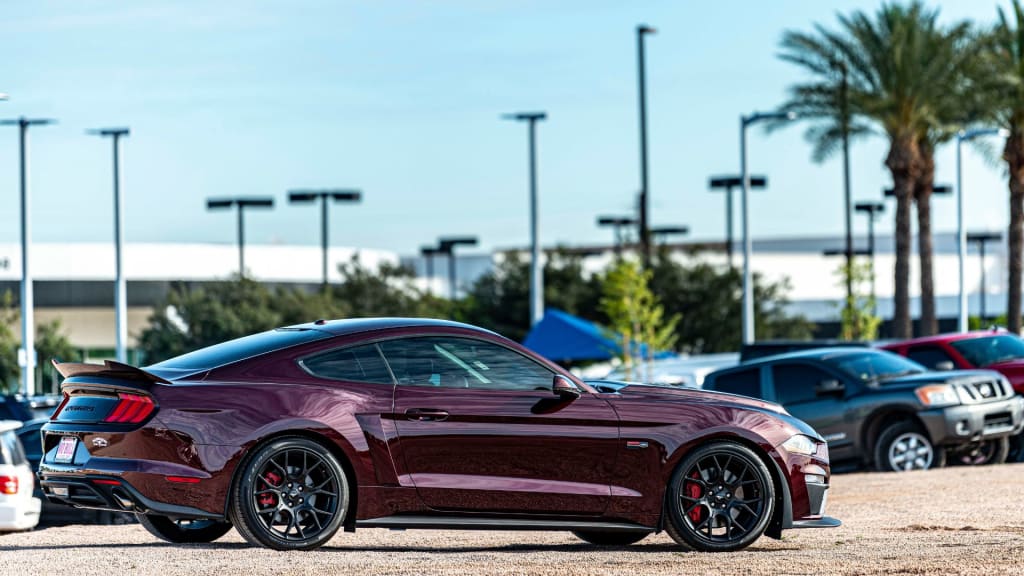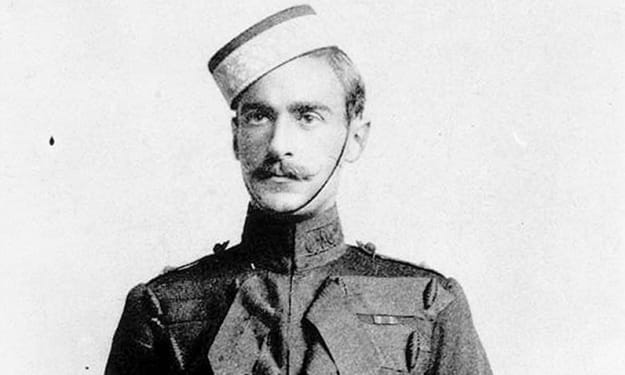Electrifying the Future: The Journey of Electric Vehicles
A short Story of the Invention of Electric vehicles

Once upon a time, in the not-too-distant past, the world was dominated by roaring engines and clouds of exhaust fumes. However, a revolutionary invention was about to change the course of transportation forever. This is the story of electric vehicles and the remarkable individuals who paved the way for a greener future.
The year was 1834 when Thomas Davenport, an American blacksmith, developed the first practical electric motor. Although his invention was initially used for small-scale applications, it laid the foundation for the future of electric vehicles. Davenport's vision inspired inventors and engineers worldwide to explore the potential of electric power in transportation.
Fast forward to 1881, and another key figure enters the stage—Gustave Trouvé, a French electrical engineer. Trouvé unveiled the world's first electric-powered vehicle at the International Exhibition of Electricity in Paris. This three-wheeled contraption, equipped with an electric motor and rechargeable lead-acid batteries, captivated the audience and offered a glimpse into the future of sustainable transportation.
In the following decades, several inventors and engineers contributed to the development of electric vehicles, pushing the boundaries of technology. In 1891, William Morrison, an American chemist, constructed the first successful electric vehicle in the United States. This six-passenger wagon was powered by a set of batteries and marked a significant milestone in the electric vehicle revolution.
However, it was Thomas Edison, the brilliant American inventor, who made a groundbreaking contribution to electric vehicle technology. In 1904, Edison unveiled the nickel-iron battery, a more durable and efficient power source for electric vehicles. His invention significantly improved the range and reliability of electric cars, making them a viable alternative to gasoline-powered vehicles.
The early 20th century witnessed a surge in interest and investment in electric vehicles. In 1908, the Detroit Electric Company, led by engineer and entrepreneur Thomas C. Baker, emerged as a prominent manufacturer of electric cars. These sleek and elegant vehicles quickly gained popularity among affluent city dwellers for their quiet operation and environmental friendliness.
However, the rise of gasoline-powered vehicles, coupled with advancements in fueling infrastructure, posed a significant challenge to the electric vehicle industry. Electric vehicles were restricted to shorter ranges, and the lack of charging stations hindered their widespread adoption.
It wasn't until the late 20th century that electric vehicles experienced a resurgence. In 1996, General Motors introduced the EV1, an all-electric vehicle that garnered attention and excitement. The EV1 showcased the potential of electric vehicles with its advanced technology and sleek design. Despite its short-lived production, the EV1 inspired a new wave of interest in electric transportation.
In the early 2000s, another visionary emerged—Elon Musk. The co-founder of Tesla, Musk aimed to revolutionize the automotive industry with his vision of electric mobility. In 2008, Tesla Motors introduced the Tesla Roadster, an all-electric sports car that shattered the stereotypes surrounding electric vehicles. The Roadster's impressive range and acceleration demonstrated that electric cars could be both sustainable and high-performing.
Tesla's success paved the way for other automakers to invest in electric vehicle technology. Companies such as Nissan, Chevrolet, and BMW joined the race to develop affordable and practical electric cars for the mass market. The introduction of the Nissan Leaf in 2010, followed by the Chevrolet Volt and BMW i3, marked a turning point in the accessibility of electric vehicles.
Today, electric vehicles are no longer a futuristic dream but a reality on our roads. With advancements in battery technology, increased charging infrastructure, and growing environmental concerns, electric vehicles have gained significant momentum. Governments worldwide have introduced incentives and regulations to promote the adoption of electric transportation, signaling a global shift towards sustainability.
As we celebrate the invention of electric vehicles, it is essential to acknowledge the contributions of countless inventors, engineers, and visionaries who dedicated their lives to shaping the future of transportation. From Thomas Davenport to Gustave Trouvé, Thomas Edison to Elon Musk, these individuals dared to challenge the status quo and ushered in an era of clean, efficient, and electrifying mobility.
The journey of electric vehicles is far from over. With each passing year, technological advancements continue to enhance the performance, affordability, and environmental impact of electric cars. As we look ahead, the story of electric vehicles is an ongoing tale of innovation, sustainability, and a future that is increasingly electrified.
About the Creator
Tech Target Inc
E-Cars, E-Scooters, E-Bikes, E-Skateboards, Hoverboards, Or Other Electric Vehicles? Then Tech Target Inc -Electric Vehicles is a professional platform that share with you the trending information.
Enjoyed the story? Support the Creator.
Subscribe for free to receive all their stories in your feed. You could also pledge your support or give them a one-off tip, letting them know you appreciate their work.






Comments
There are no comments for this story
Be the first to respond and start the conversation.